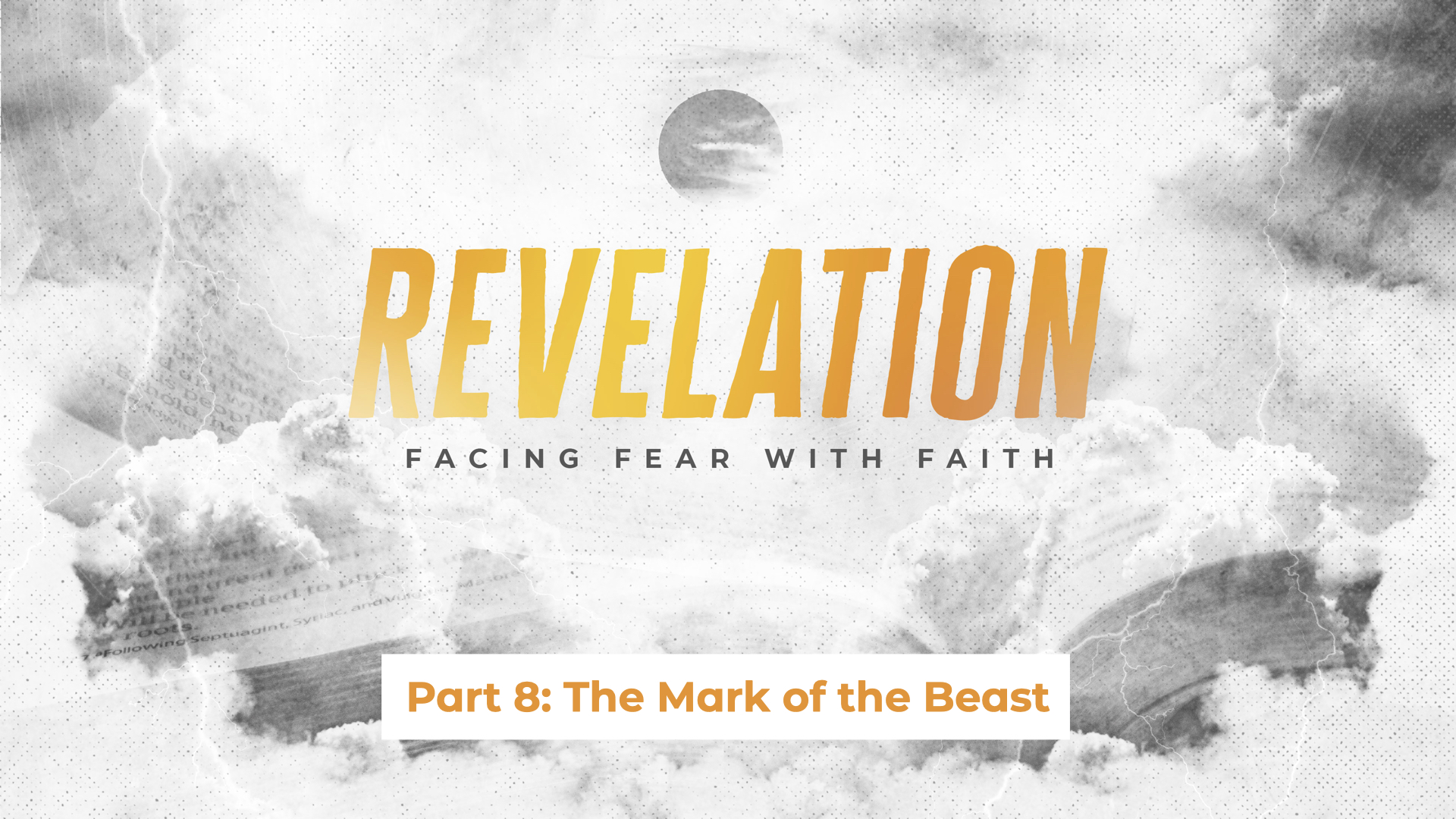
Revelation, part 11 – Happily Ever After
April 10, 2025
Our archive allows you to rewatch a recent sermon from the series or easily catch up on the messages you may have missed.

April 10, 2025

March 31, 2025

March 24, 2025

March 13, 2025

March 2, 2025

February 20, 2025

February 13, 2025

February 4, 2025

January 30, 2025

January 23, 2025

January 16, 2025
In these two-minute recap videos, Pastor Bill reminds us of what we've learned, helps us apply it to our lives, and gets us thinking ahead to the next part in the series.

April 10, 2025

April 3, 2025

March 27, 2025

March 14, 2025

March 7, 2025

February 20, 2025

February 13, 2025

February 6, 2025

January 30, 2025

January 23, 2025

January 16, 2025
The discussion questions below can guide the conversations you have with those who join you around the table -- whether it's your family, your friends, or your Life Group from church.